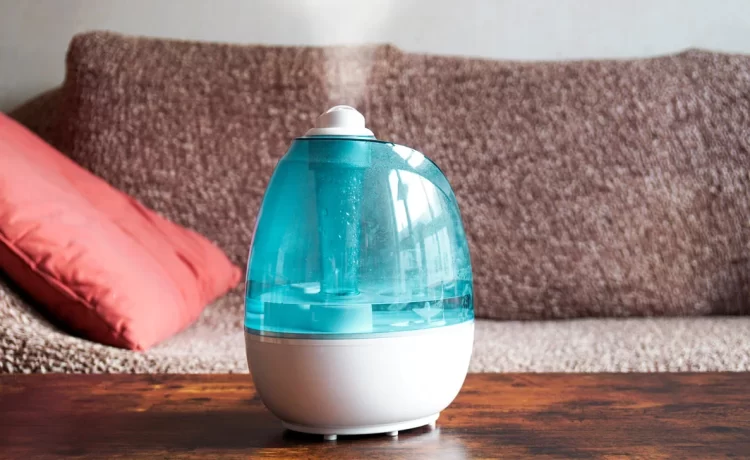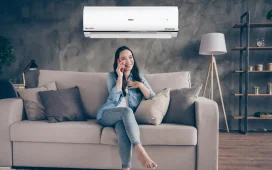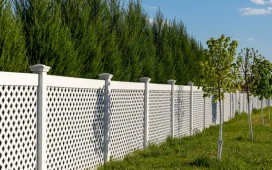When you think of summer, you probably imagine warm sunshine, cool drinks, and maybe even a little humidity in the air. So, why would you need a humidifier during the hottest months of the year? It might seem counterintuitive, but running a humidifier in the summer can actually make your home more comfortable. Let’s break it down!
Why Can Indoor Air Be Dry in the Summer?
Even though summer can bring high humidity outdoors, the air inside your home can tell a different story. The culprit? Your air conditioning system! AC units are designed to remove heat and humidity from the air. But in doing so, they can strip away too much moisture, leaving your home with dry air. This can lead to issues like:
- Dry, itchy skin
- Chapped lips
- Irritated sinuses
- Increased allergy symptoms
- Static electricity buildup
If you’ve ever woken up with a dry throat or noticed that your skin feels tighter indoors, your home might not have enough humidity. A humidifier can help restore balance and keep your indoor air at a comfortable moisture level.
Can a Humidifier Help with Summer Allergies?
Absolutely! Summer is prime time for allergens like pollen, dust, and mold spores. If you suffer from seasonal allergies, you know how miserable it can be. Dry indoor air can make things even worse by irritating your nasal passages and making you more sensitive to allergens.
A humidifier helps by adding moisture to the air, keeping your sinuses hydrated, and reducing irritation. When your airways stay moist, they can better filter out allergens and keep you breathing easier.
The Best Type of Humidifier for Summer Use
Not all humidifiers are created equal. Some models, like steam humidifiers, can make a room feel even hotter definitely not what you want in the summer! Instead, opt for an ultrasonic or cool-mist humidifier. These models disperse a fine mist of cool water into the air, helping to maintain moisture levels without making the room feel stuffy.
Keeping a Healthy Humidity Level
Too much humidity can lead to mold growth and musty odors, so it’s important to strike the right balance. Ideally, indoor humidity should be around 45%. A hygrometer (a small device that measures humidity) can help you monitor levels and adjust your humidifier accordingly.
Final Thoughts
While summer air might feel humid outside, your home’s air conditioning system can dry it out indoors. Running a humidifier can help keep your skin hydrated, ease allergy symptoms, and create a more comfortable living environment.







